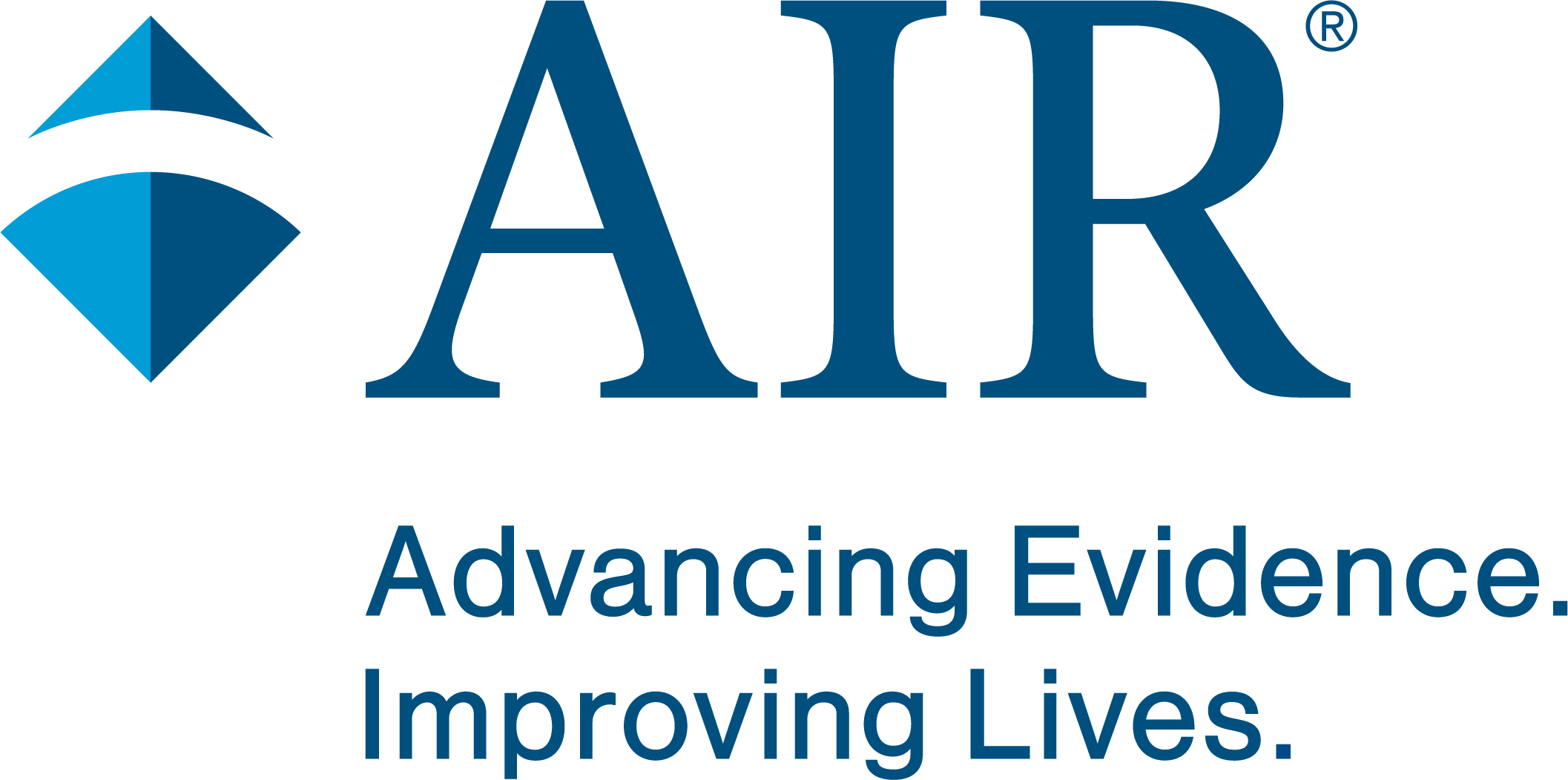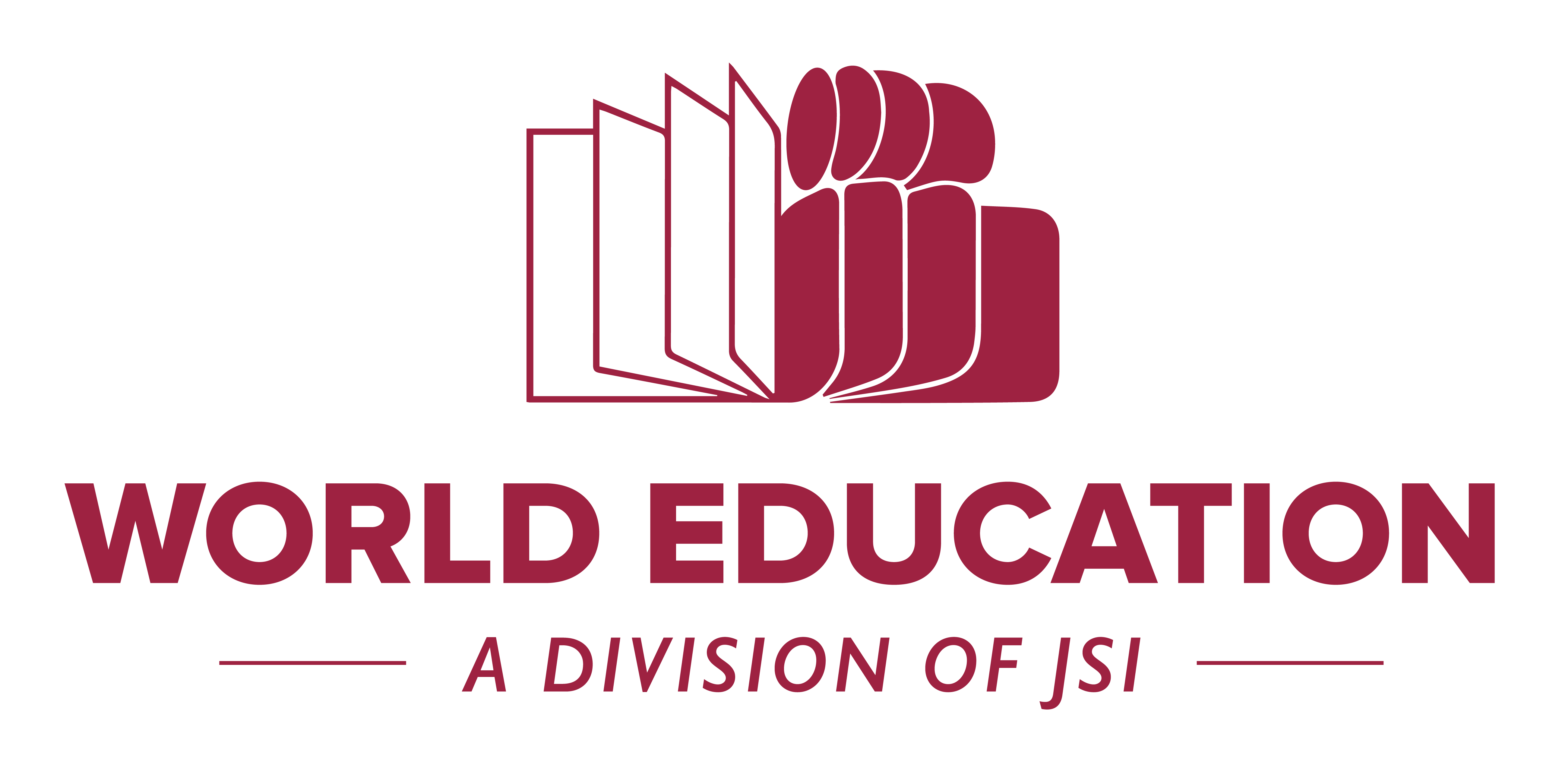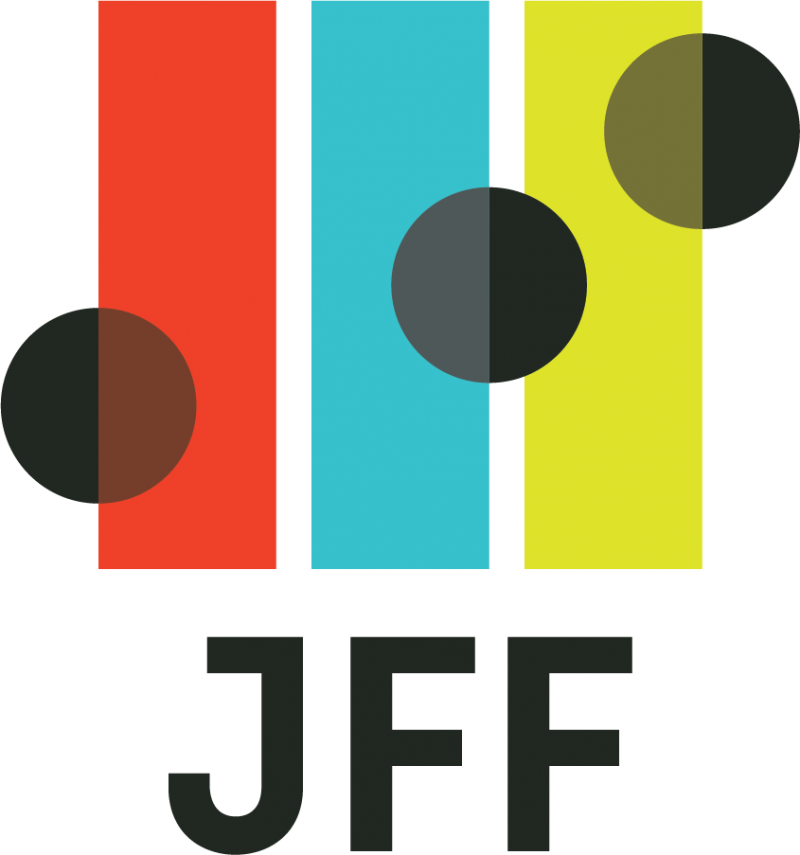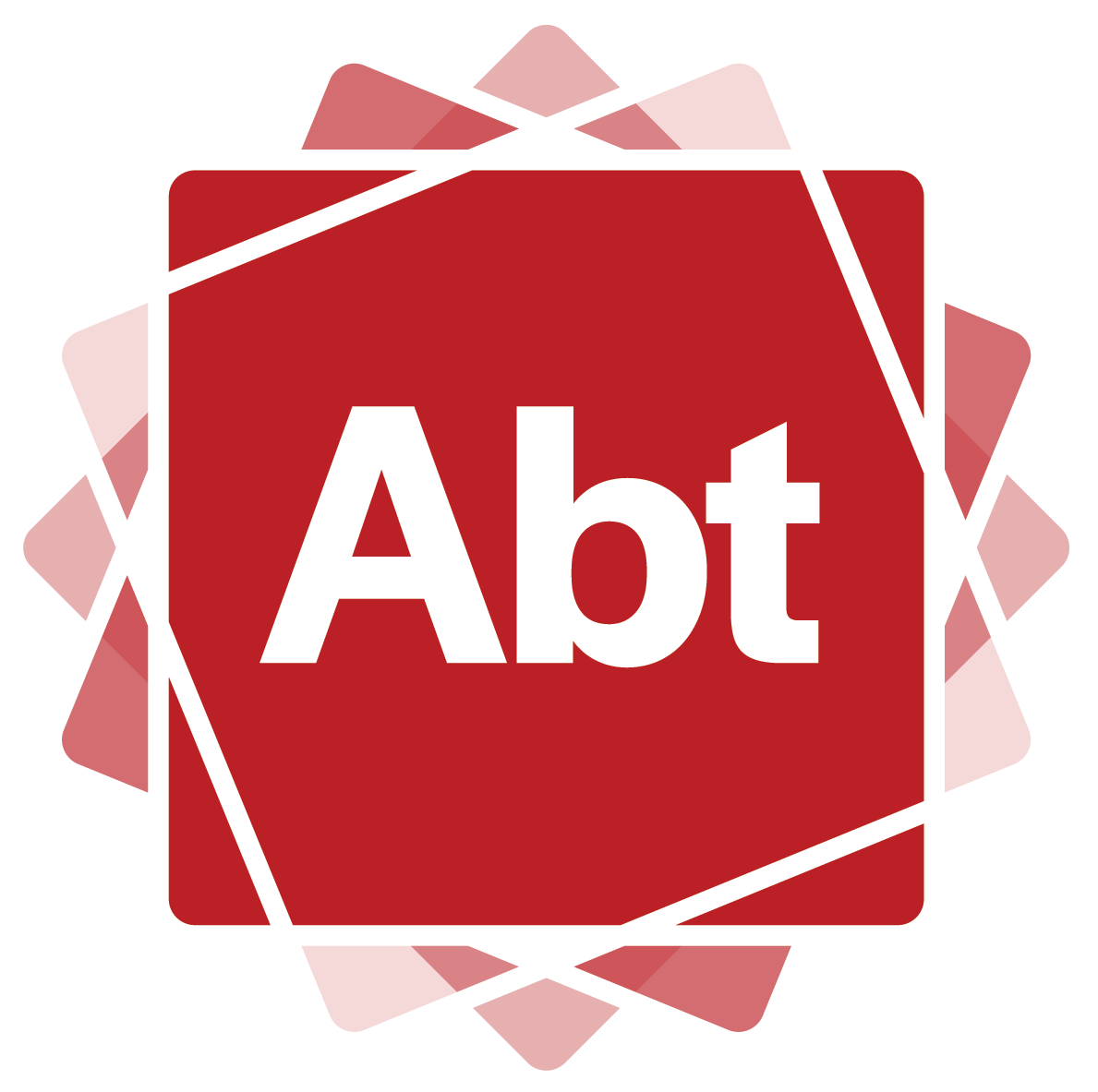Event
COABE Presents: New Measurable Skill Gains Models Are Coming. Are You Ready?
Satisfied with current NRS tests? Probably not. Come learn what the future of Measurable Skill Gains assessment looks like. Assessment researchers and leading adult education practitioners will describe how revolutionary new methods are being applied to support the next generation of NRS assessments under a Department of Education project.
Event
EdTech Bytes: Generative Artificial Intelligence
There's been a lot of chatter lately about Generative AI, its uses, implications, and rapid advancement. World Education presents this four-part series as a way to cover the basics and dive deeper into what this could mean for educators and workforce developers.
1️⃣ Zero to Hero - ChatGPT was released in November of 2022. Get caught up with what has happened since.
Event
A First Look: Examining Information Processing Skill Proficiencies Among Black Adults in the U.S. Using the PIAAC Data
Does education and health-related literature tend to accurately convey the heterogeneous information processing skill profile of the diverse Black or African American U.S. population? What within-group differences can be observed using PIAAC data, and how might these differences inform policymakers and practitioners in the 21st century?
Event
Artificial Intelligence and its Implications for Adult Educators
ChatGPT has taken the world by storm. It is being used by everyone from real estate agents to school students. But ChatGPT is only one example of generative artificial intelligence (AI). There are numerous other AI tools that are available for various purposes.
Resource
Linking Adult Education to Workforce Development in 2018–19: Early Implementation of the Workforce Innovation and Opportunity Act at the Local Level
Posted on
Description
The Workforce Innovation and Opportunity Act of 2014 includes new requirements and incentives to strengthen the link between its Title II -- adult education -- and the overall workforce development system. This report from a national evaluation of Title II examines the extent to which local adult education providers’ instructional approaches and coordination with other agencies in 2018-19 reflected this link and highlights the challenges providers reported collecting related performance data. A compendium provides detailed tables supporting the policy report. For more information about this report, visit the IES site here.
Resource
Subject Area Frameworks for Adult Learners
Posted on
Description
These aggregate frameworks provide a structure to support learning in five subjects relevant to adult learners: Civics Education, Digital Literacy, Financial Literacy, Health Literacy, and Workforce Preparation. They include domains, topics, and subtopics in each subject. The frameworks were developed by aggregating existing curricula, assessments, and frameworks used in adult education and compiling insights from organizations and individual instructors. Use them to support Teaching Skills That Matter-aligned instruction, to locate and use resources in SkillBlox, or as a checklist for planning instruction and assessment.
Resource
Building Knowledge and Evidence About Using Digital Technologies in Adult Foundational Skills Programs
Posted on
Description
Recent activities and events spurred adult educators’ interest in digital technologies, including the Barbara Bush Foundation Adult Literacy XPRIZE competition; the development of digital products by adult education publishers; and the COVID-19 pandemic, which prompted adult foundational skills programs to shift from in-person classes to virtual instruction. As interest in digital technologies grows, the need for information about how to implement these technologies and what works for whom under what conditions also grows.
Although some form of technology has been used to teach adult foundational skills for at least 3 decades, the knowledge base about the implementation and effectiveness of technology with adult learners is limited. The recent expansion of technology use in adult foundational skills programs suggests the need for increased efforts to develop knowledge and evidence about the types of technologies and tools that can be used effectively to assist adult learners in enhancing their foundational skills and facilitating their lifelong learning.
Author: Judith A. Alamprese, Principal Scientist, Abt Associates
Read the attached article below for the full paper.
Resource
Highlighting Innovative Practitioner Uses of Digital Technologies in Adult Foundational Skills Instruction
Posted on
Description
Throughout the ongoing COVID-19 pandemic, teachers delivered instruction in new ways, drawing on technology tools and digital resources to support learners whom they could not teach in person (Belzer et al., 2020). To succeed, teachers had to redefine their work—especially in the way they planned or designed instruction (Vanek, in press). This break from traditional instruction served as a laboratory of sorts and illustrated the promise of educational technology (hereafter, edtech) for improving and enhancing instruction.
To explore and learn from the ways that adult educators are experimenting with digital technologies, the final convening of the U.S. Department of Education’s Institute of Education Sciences–funded Center for the Study of Adult Literacy included a session focused on this topic. The session titled “Leveraging Digital Technologies for Adult Foundational Skills Instruction” provided an opportunity for attendees to hear about promising strategies, resources, and practices that became visible through technical assistance provided by the EdTech Center@World Education to teachers, program administrators, and state-level leaders leading up to and throughout the pandemic.
Authors:
Dr. Jen Vanek, Director of Digital Learning and Research at The EdTech Center@World Education
Jeffrey Goumas, Senior Technical Advisor at The EdTech Center@World Education
Read the attached article below for the full paper.






